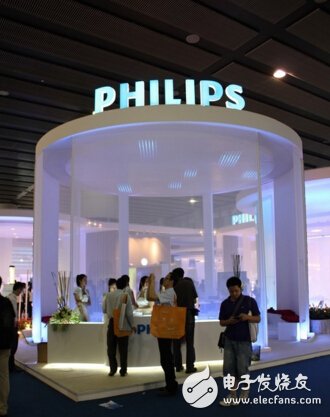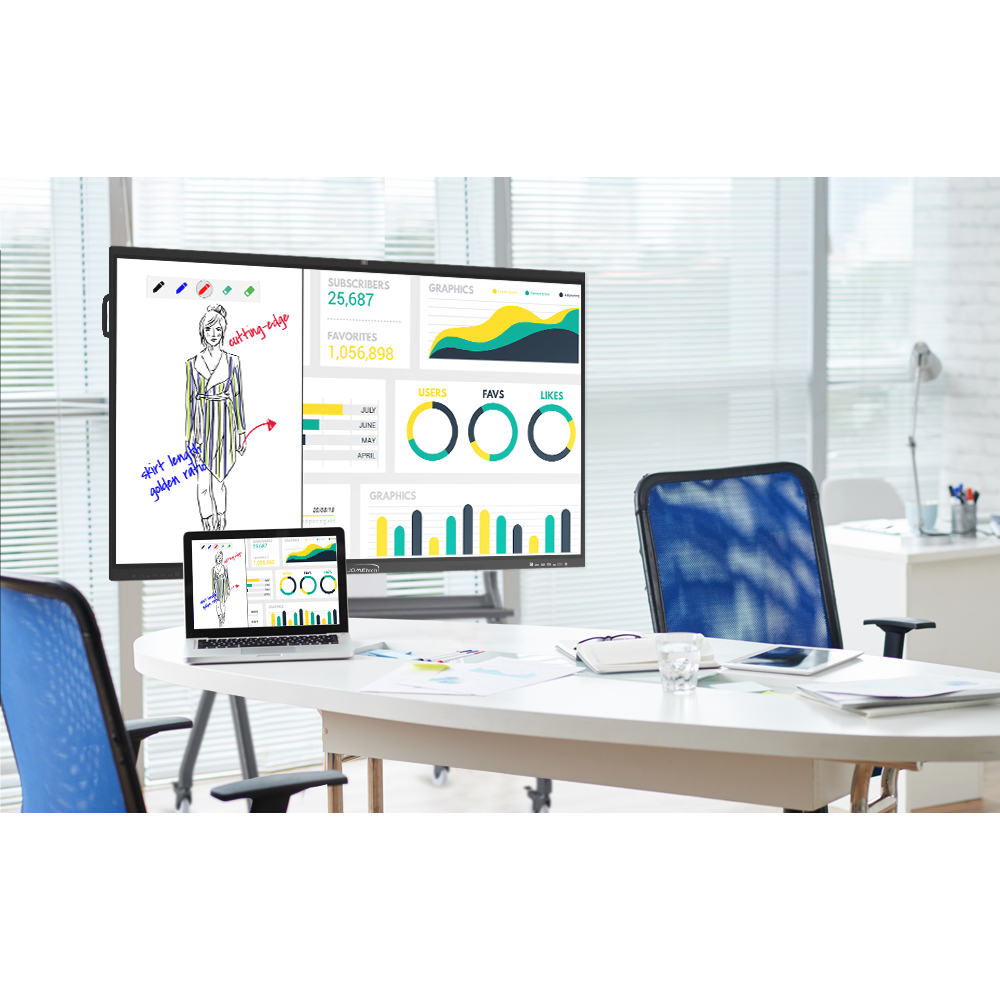On May 3, according to foreign reports, Philips announced on Tuesday that the company will spin off its lighting equipment division Philips Lighting (Philips LighTIng) for an initial public offering. The move will allow Philips to focus on becoming a medical technology provider. Philips is currently the world's largest manufacturer of lighting equipment, with revenues of 7.5 billion euros ($8.7 billion) in 2015 and operating profit of 331 million euros ($382 million). The company said that Philips Lighting will be listed on the Euronext in Amsterdam, the Netherlands, and Philips will sell at least 25% of its shares in Philips Lighting's initial public offering. Goldman Sachs and JPMorgan will be global coordinators of IPOs. Philips CEO Frans van Houten said the decision was "historic" to Philips and allowed Philips' lighting products to enter other consumer electronics and medical device products. After the initial public offering, Philips plans to gradually sell the remaining Philips Lighting shares. Philips did not announce the issue price of Philips Lighting and the specific time of the IPO on Tuesday. Market analysts expect Philips Lighting's current valuation to be about 5 billion euros (about 5.8 billion US dollars). Philips Lighting currently accounts for more than half of the global LED lighting market, and with the rise of the Internet of Things, the market prospects for networking and programming LED lighting will be extremely broad. As an independent company, Philips Lighting will bear approximately 950 million euros in debt. Philips said that Eric Rondolat, the current CEO of Philips Lighting, will continue to serve as CEO of the company after the initial public offering. Eric Rondolat, CEO of Philips Lighting, said that through the IPO business, the new company will continue to use the Philips brand. Philips announced in January that it had canceled its plan to sell Philips Lighting Holdings shares to the Chinese consortium GO Scale Capital, a joint venture between Jinshajiang Venture Capital and Oaks Investment, as a result of opposition from US regulators. Philips said at the time that the plan to sell 80.1% of Philips Lighting's shares attracted the attention of the US Foreign Investment Committee (CFIUS), "the committee will not approve this special deal." Philips last year agreed to sell this stake to the Chinese consortium GO Scale Capital. The total price of the deal was $2.8 billion, and Philips Lighting was valued at $3.3 billion in the transaction. Philips' US operations include manufacturing and R&D facilities. It is unclear what concerns CFIUS has expressed, and the department is responsible for reviewing international transactions related to the United States from a national security perspective. Technology transactions related to China are subject to strict scrutiny in the United States. The Ziguang Group had planned to spend $23 billion last year to negotiate the purchase of Micron Technology. According to sources, this is partly due to the hope of US regulators to approve the deal. Under the leadership of Marriott, Philips' focus has shifted to the $125 billion medical and health industry, rather than the lighting business. Marriott believes that the booming demand for technology will allow hospitals to analyze clinical data and enable patients to monitor health and nutrition through their mobile phones. The business that Philips is creating combines medical scanners, electric toothbrushes and more. Smart Board Screen Share,Smart Board Online,Smart Board Connect,Smart Board Zoom,Smart Board Buy,Smart Board Home Jumei Video(Shenzhen)Co.,Ltd , https://www.jmsxdisplay.com
Smart Board Projector: The Projection Module for Smart Board

Smart Board Projector is the projection module integrated into the Smart Board, which runs on the Android system. As a core feature of the Smart Board, it offers seamless Smart Board Screen Share, supporting simultaneous screen mirroring from various devices such as smartphones, iPads, computers, and Macs onto the large display of the Smart Board. With Smart Board Projector, users can interact with the mirrored devices, enabling features like writing, annotating, and more. Its outstanding performance and convenience make it the ideal choice for Smart Board users.
Seamless Screen Casting:
Smart Board Projector utilizes the built-in screen casting module on the Android system, enabling seamless connections and screen mirroring from multiple devices. Users can easily cast the content from their smartphones, iPads, computers, or Macs to the large smart board displays, Smart Board online, ensuring high-definition visuals for effective sharing and presentation.
Interactive Features:
Beyond screen casting, Smart Board Projector allows users to interact with the mirrored devices. Through writing, annotating, and other interactive operations, users can engage in real-time interaction with the mirrored content, creating a more immersive and engaging experience. This opens up possibilities for smart board education, Smart Board Business presentations, and Smart Board Zoom collaborative teamwork.
Perfect Integration with Smart Board:
Smart Board Projector seamlessly integrates with the Smart Board, as it is a dedicated projection module designed specifically for it. By eliminating the need for a separate projector, Smart Board Projector simplifies the device setup and operation process, enhancing convenience and efficiency.
Smart Board Projector offers a seamless screen casting experience and interactive capabilities with mirrored devices. With its integration into the Smart Board, users can efficiently display information, deliver engaging presentations, and collaborate effectively, making every presentation and interaction more vivid and impressive.